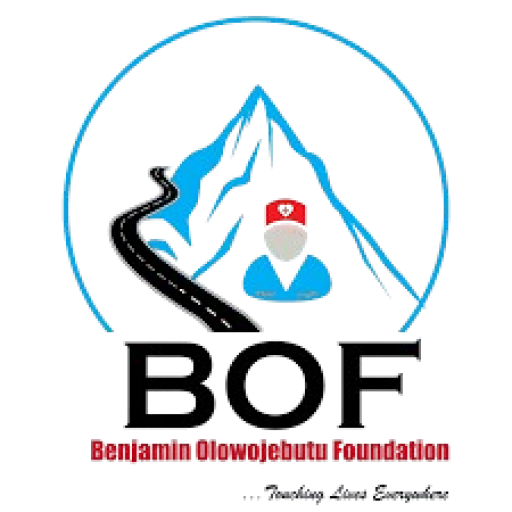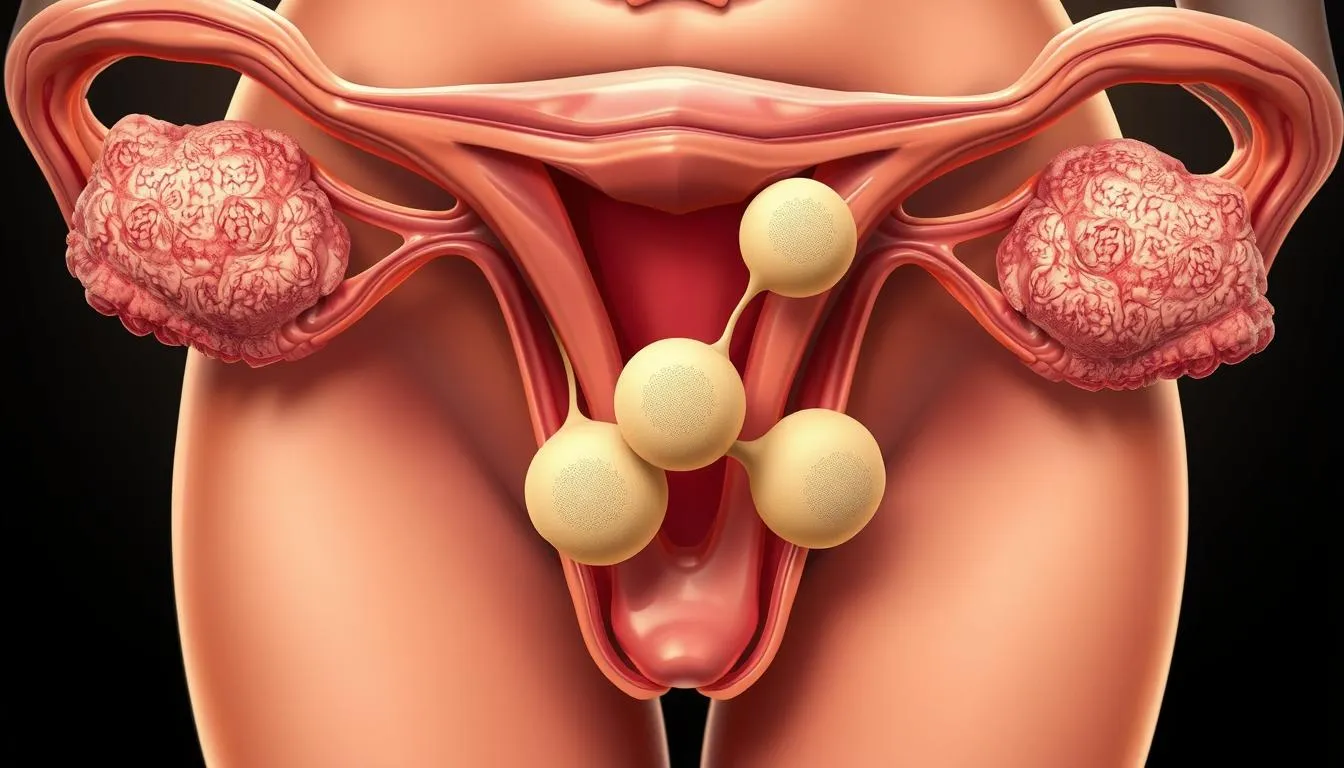In a small town outside Port Harcourt, Grace sat hunched on a wooden stool, wrapping her arms around her belly—hoping the pain would ease. For over six years, she had lived with fibroids, silently. The swelling, the bleeding, the isolation, the whispers in her community. She was told the surgery would cost ₦600,000—money she had never seen in one place in her life.
But then came hope—wrapped not in hospital forms or big bills, but in the kind voice of a nurse from the Benjamin Olowojebutu Foundation (BOF) during a free outreach. Grace was screened, treated, and operated on—all without having to sell her dignity. Today, she walks taller, lives pain-free, and recently celebrated the first birthday of her twin daughters.
Grace’s story is one of thousands, and it carries a clear message: fibroids should not be a death sentence. But for too many Nigerian women, it still is.
What Are Fibroids—and Why Are They So Devastating?
Uterine fibroids are non-cancerous growths that develop in or around the uterus. They are extremely common, especially in women of African descent. In fact, up to 70–80% of Black women will develop fibroids before age 50 (according to the NIH). While not always life-threatening, fibroids can cause:
- Severe abdominal pain
- Heavy menstrual bleeding
- Infertility and miscarriage
- Pressure on the bladder and bowels
- Anemia and chronic fatigue
But the physical pain is only one part of the problem. The emotional toll is just as heavy: isolation, broken relationships, childlessness, shame, and fear.
When Treatment is a Luxury Few Can Afford
In most Nigerian hospitals, fibroid surgery (myomectomy) costs between ₦300,000–₦1,000,000, depending on the severity and location. For many rural and low-income women, that figure might as well be a million dollars. Without insurance, and with little government support, these women are left with two painful options: suffer indefinitely or take the risk of death in silence.
One woman, Amaka, from Enugu, shared her experience with us:
“I was bleeding so much that I couldn’t go to church or wear light-colored clothes. I lost jobs. I stopped dating. Everyone said I needed surgery, but where would I get the money?”
It’s a story we’ve heard hundreds of times. And it’s what led Dr. Benjamin Olowojebutu—a compassionate surgeon and visionary—to act.
The BOF Solution: Restoring Health with Dignity
In 2017, Dr. Benjamin Olowojebutu founded the Benjamin Olowojebutu Foundation (BOF) with a mission to make healthcare accessible to the most vulnerable. What began with a handful of surgeries has now grown into a medical revolution.
BOF provides free and heavily subsidized fibroid surgeries for women who can’t afford them. But it doesn’t stop there. BOF also delivers:
- Pre-surgery health screenings
- Safe surgical procedures by skilled volunteer surgeons
- Post-surgery monitoring and recovery support
- Community awareness and education
BOF’s approach is rooted in compassion. It’s not just about cutting costs—it’s about restoring dignity.
Case Study: “I Thought I Would Die with It…”
Jumoke, a 38-year-old mother of one, lived with fibroids for nearly a decade. Her stomach swelled to the size of a seven-month pregnancy. Her husband left. Her family gave up.
“Everywhere I went, people asked if I was pregnant. I stopped going out. I prayed for healing, but nothing changed.”
Then she heard about BOF through a church announcement. She signed up, traveled from Ilorin to Lagos, and underwent surgery at one of BOF’s outreach hospitals.
“They didn’t ask for money. They only asked for my faith and cooperation. The surgery took two hours. When I woke up, the pain was gone—for the first time in years.”
Today, Jumoke works as a tailor and now volunteers with BOF to help other women find the same healing.
Beyond Surgery: Raising Awareness and Breaking the Stigma
BOF understands that the battle against fibroids isn’t just surgical—it’s social.
In many communities, fibroids are still misunderstood. Some believe they’re caused by spiritual forces or promiscuity. Others see it as a personal curse. This stigma discourages women from seeking help until it’s too late.
That’s why BOF holds community education programs, school health talks, radio interviews, and social media campaigns to spread accurate information. We teach women that:
- Fibroids are common, treatable, and not shameful
- Early diagnosis makes treatment easier
- Support and community are available
The Numbers Speak Loudly
Since its founding, BOF has:
- Performed over 10,000 life-saving surgeries across 17 Nigerian states
- Hosted more than 100 outreach programs
- Partnered with local governments, hospitals, and NGOs to reach underserved communities
- Helped hundreds of women regain their fertility and live pain-free lives
And this is just the beginning.
How You Can Join the Movement
Fibroids may not be rare—but neither is kindness. If these stories have moved you, here’s how you can help:
💖 Donate:
Every ₦50,000 can help sponsor a discounted surgery. Larger donations fund entire outreaches and surgical camps.
🧑⚕️ Volunteer:
If you’re a surgeon, nurse, pharmacist, or non-medical volunteer, BOF welcomes your service on field missions.
📢 Advocate:
Share this blog. Tell someone about BOF. Encourage a woman you know to seek help.
“Love is the expression of the assignment.” – Dr. Benjamin Olowojebutu
Final Words: Fibroids Shouldn’t Take Lives. Hope Should Restore Them.
No woman should lose her job, her home, her child, or her life because she can’t afford treatment for something as common as fibroids.
At BOF, we believe in a world where healing is not reserved for the privileged—but extended to the forgotten.
And we’re fighting for that world. One surgery. One woman. One story at a time.



